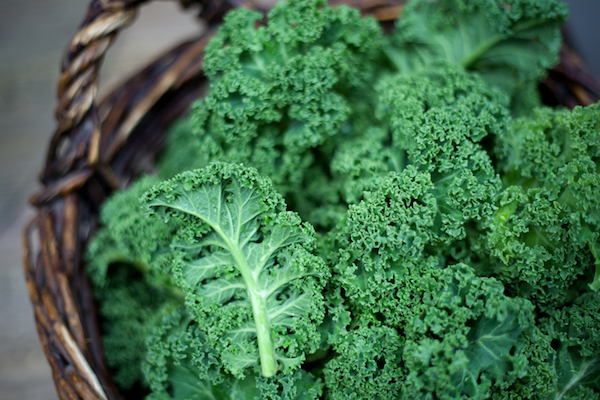
Producing Vitamin A via Beta-Carotene
Beta carotene helps the body produce vitamin A, which is used by the retina to detect light and adjust our vision accordingly.
We’ve all heard the saying, “an apple a day keeps the doctor away.” In the world of health & eye care, an equivalent saying might be, “a carrot a day keeps the doctor away.” While both sayings have good intentions, the amount of truth that can be extracted from either is up for debate. For example, carrots DO NOT prevent the need for glasses or contact lenses, but they do protect our eyes from light damage. This is because carrots contain an important carotenoid called beta carotene.
According to the National Eye Institute, “beta carotene plays a significant role in the body’s production of vitamin A, which helps the retina detect light and converts it into electrical signals… Beta carotene itself is not found in the eye, but its carotenoid counterparts lutein & zeaxanthin are found in the eye… There, they act as natural antioxidants helping to absorb blue & ultraviolet light, which can be damaging.”
Beta Carotene & Our Health:
In all actuality, a significant amount of lutein & zeaxanthin can be found in the eye (specifically the macula). These particular carotenoids help to absorb the light encountered by our eyes on a daily basis, which help to prevent aging diseases of the macula, most notably, age related macular degeneration (ARMD). Other risk factors for age related macular degeneration include:
- Smoking
- Age
- Heart disease (such as hypertension or hyperlipidemia)
- Poor diet
On the other hand, beta carotene plays somewhat of a different role (as far as carotenoids are concerned) because it’s specifically tied to vitamin A production. Our body’s convert beta carotene into vitamin A, which is essential for proper health. Some health benefits of vitamin A include:
- Acts as an anti-oxidant (for disease prevention)
- Supports the immune system
- Promotes stronger teeth and bones
- Promotes healthier skin, nails, and hair
As far as our eyes are concerned, vitamin A is essential to healthy vision at nighttime. This is because it’s required by the retina to detect light (or lack thereof) and to adjust our vision accordingly. Vitamin A deficiency can lead to the following:
- Poor night vision
- Light sensitive eyes
- Weakened immune system
- Skin problems
It should be noted that too much vitamin A can lead to toxicity. If the body absorbs more vitamin A than it actually needs, it can result in symptoms such as: fatigue, irritability, headaches, dry skin, loss of appetite, and more.
Feed Your Eyes:
Both vitamin A and beta carotene are easily digestible through certain foods. Preferably, most vitamin A and/or beta carotene consumption should come through dietary choices, instead of additional supplementation. This is done simply by adding more of the right foods whenever possible. Foods rich in vitamin A include:
- Fresh meat
- eggs
- milk
- butter
- oysters
- cheese
Foods rich in beta carotene include (typically colorful fruits & vegetables):
- Carrots
- Sweet Potatoes
- Winter squashes (acorn & butternut)
- Cantaloupe
- Red & orange peppers
- Mango
- Apricots
- Dark leafy greens
Patients looking to increase vitamin A intake can also consider supplementation. For one, cod-liver oil is an excellent supplement that should work just fine. As far as beta carotene supplementation is concerned, it’s best to use extreme caution. Please consult with your eye doctor before considering a beta carotene supplement.







